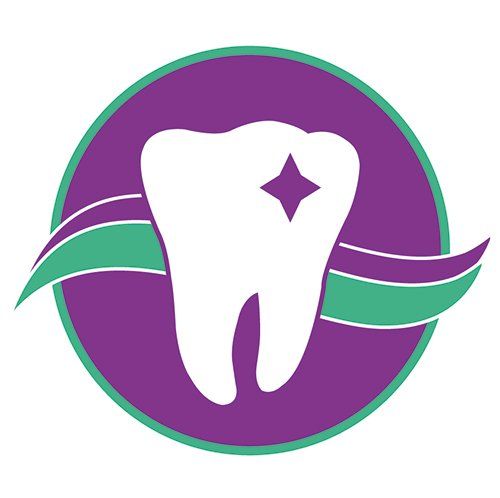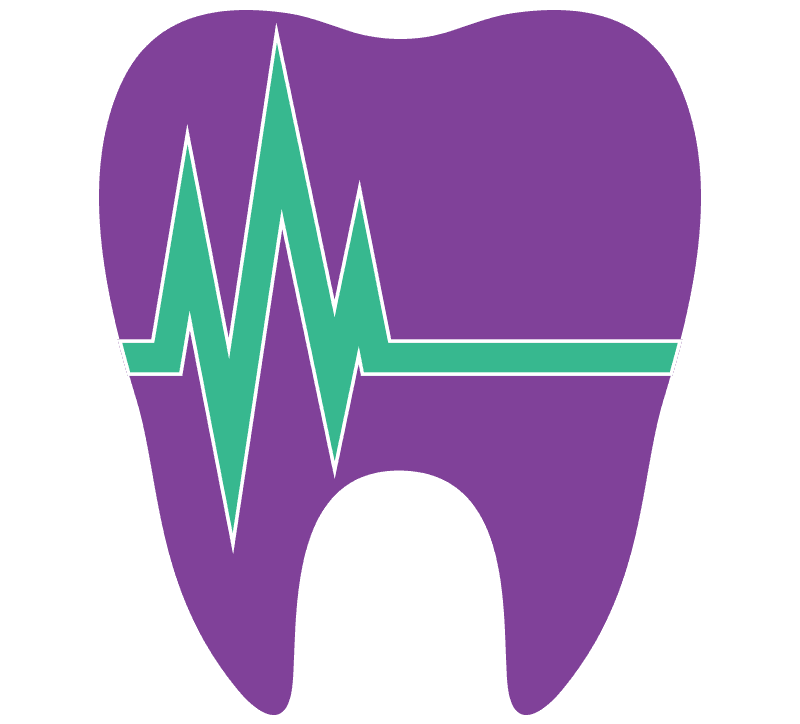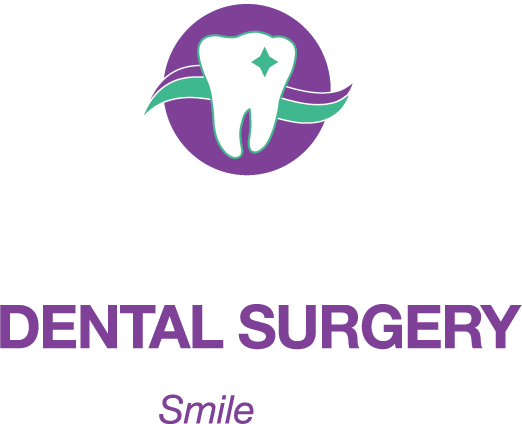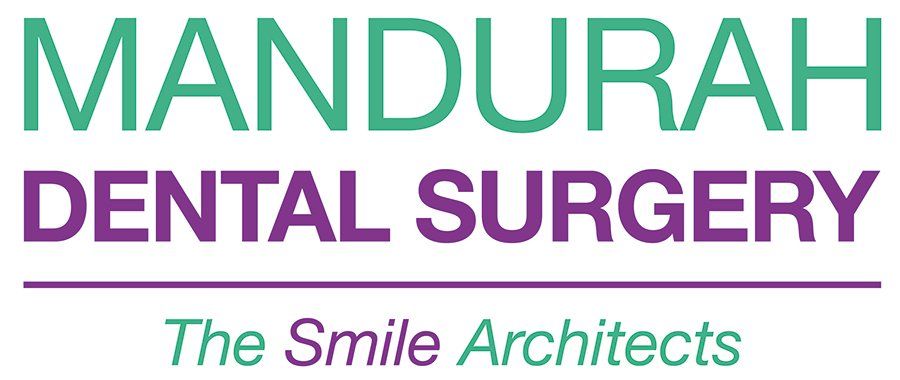EMERGENCYDENTISTRY
EMERGENCY DENTISTRY MANDURAH
Emergency dentistry services in Mandurah

Special offer!
Same-day emergency dentistry services Mandurah

Our Emergency Dental Services Include:
- Emergency Dental Tooth Extraction
- Relieving Toothache
- Broken Tooth Fillings
- Restoring Chipped or Broken Teeth
Contact Us
Contact Us
We will get back to you as soon as possible
Please try again later
Frequently Asked Questions
-
Is a knocked-out tooth a dental emergency?
Yes, a knocked-out tooth is a dental emergency. Preserve the tooth by keeping it moist and avoid touching the root. Seek immediate dental care as the chances of successful re-implantation decrease with time.
-
What should I do if I have a severe toothache?
Rinse your mouth with warm water, floss to remove any potential debris, and take over-the-counter pain relievers if needed. Contact us for an appointment to diagnose and treat the cause of the pain.
-
I have a dental injury. What should I do before coming to the emergency dentist?
If you have a dental injury, clean the injured area gently with warm water and apply a cold compress to reduce swelling. Try to save any broken tooth fragments if possible and bring them to your appointment.
-
Is there anything I should avoid after root canal therapy?
After a root canal, it's best to avoid chewing on hard or sticky foods on the treated tooth until a crown or final restoration is placed. Maintain good oral hygiene and follow post-operative instructions.
-
Can I drive home after root canal therapy?
Yes, you can usually drive home after a root canal procedure since it's performed under local anesthesia. However, if you opt for sedation, you may need someone to drive you home.
-
What if I experience severe bleeding from my gums or mouth?
Apply gentle pressure to the bleeding area with a clean cloth or gauze. If bleeding persists after several minutes, call us to seek immediate dental care.
-
I have a loose dental crown or filling. Is this an emergency?
While a loose crown or filling may not always be an emergency, it should be addressed promptly to prevent further damage or discomfort. Contact our office to schedule an appointment.
-
What should I do if I have a foreign object stuck between my teeth?
Gently try to remove the object with dental floss. Avoid using sharp objects that could damage your gums or teeth. If you cannot remove the object, call us to seek professional dental assistance.
-
Is sedation available for emergency dental procedures?
Yes, sedation options may be available for emergency dental procedures to help you feel more comfortable and relaxed during treatment. Call us to discuss any sedation procedures with us.
For bookings call
08 9535 3620 to find out more about our emergency dentistry services in Mandurah.
Follow Us



